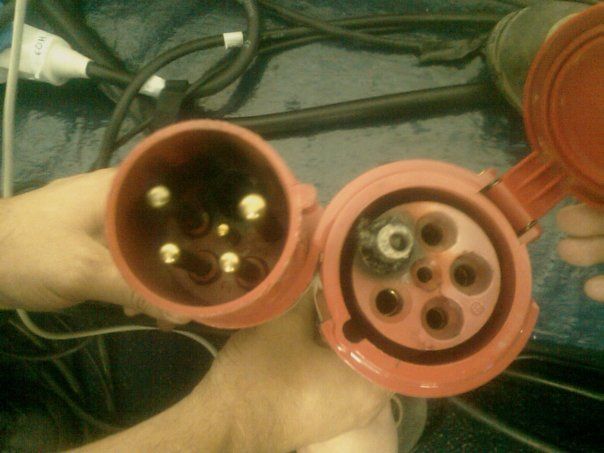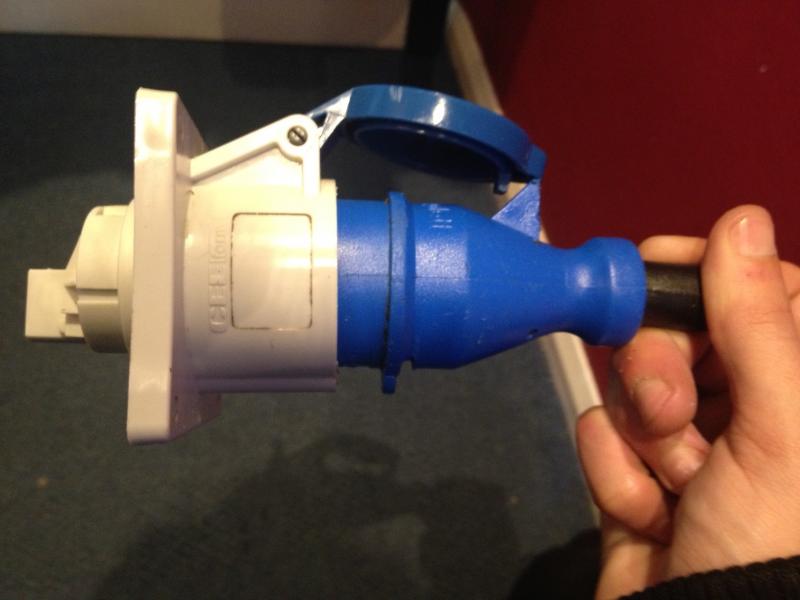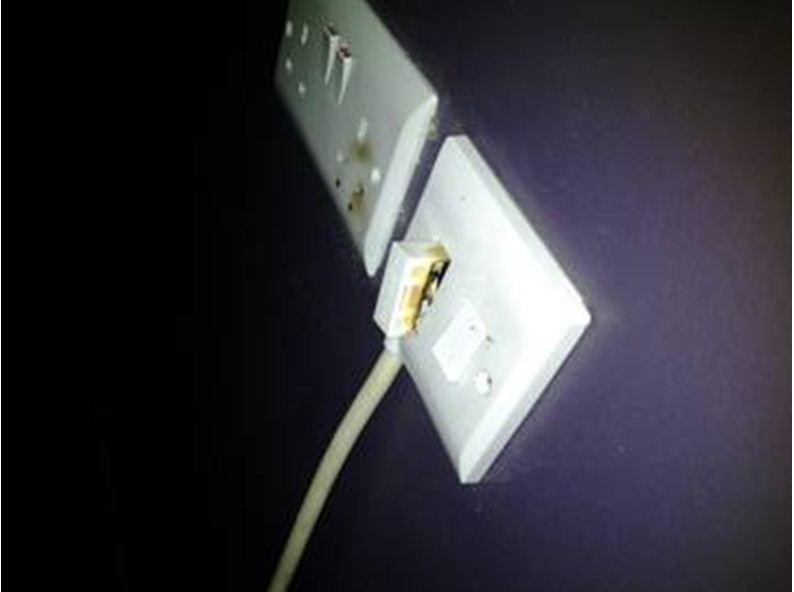Guy's
One of our engineers has been looking at a dairy deck fridge at a customers coffee shop. Three times he has been down and thre times the netural has overheated. Twice in the plug and once in a cable extender. I believe it is 2.5mm flex and a length of 3m.
I don't know amps as I haven't spoken to him and as he went there yesterday morning and I just got a message it's gone down again
One of our engineers has been looking at a dairy deck fridge at a customers coffee shop. Three times he has been down and thre times the netural has overheated. Twice in the plug and once in a cable extender. I believe it is 2.5mm flex and a length of 3m.
I don't know amps as I haven't spoken to him and as he went there yesterday morning and I just got a message it's gone down again





